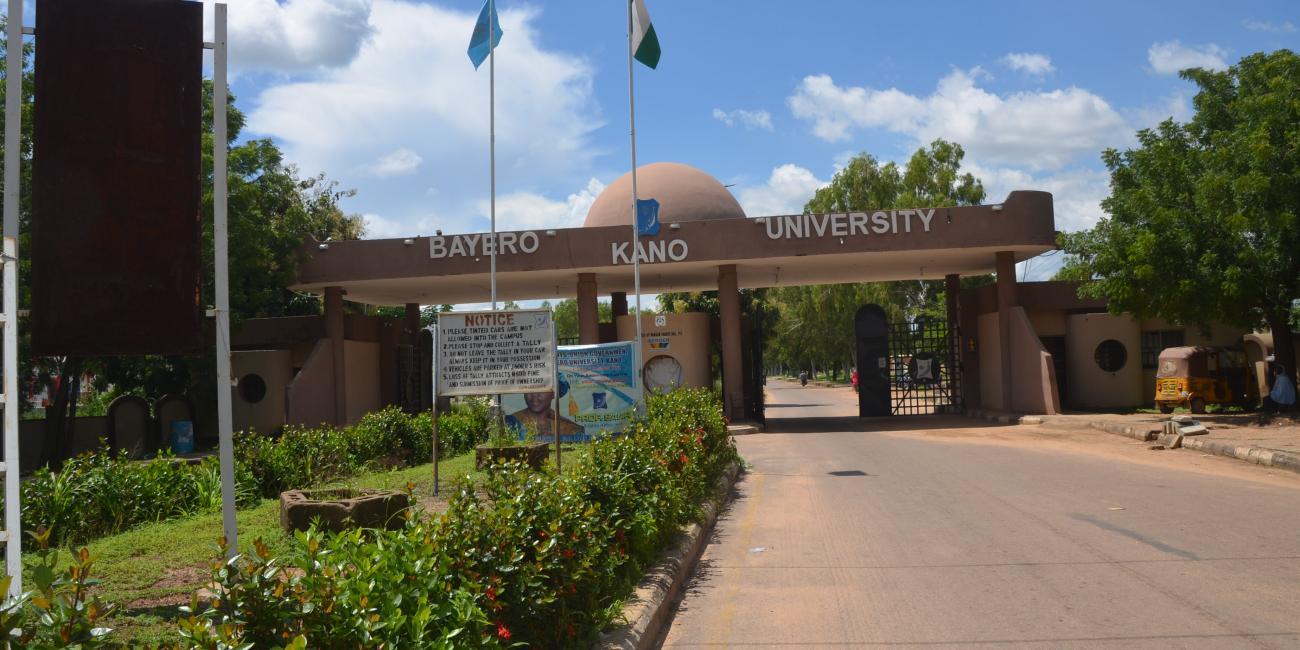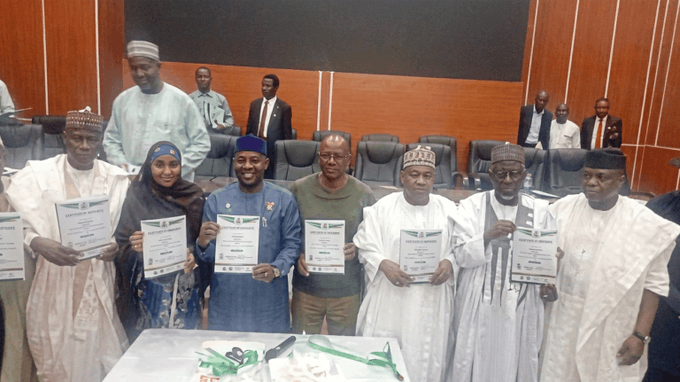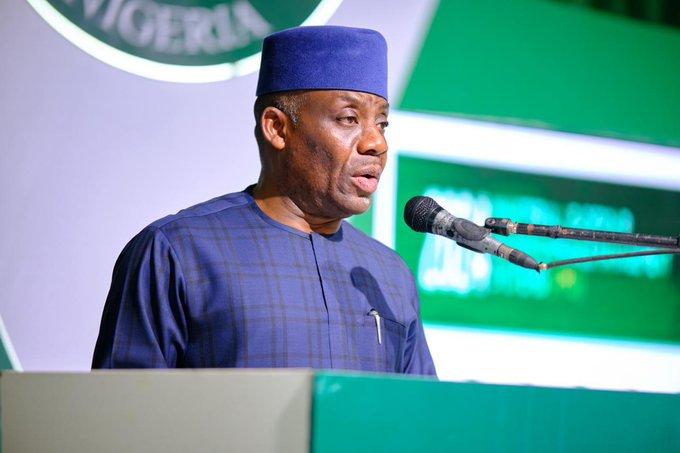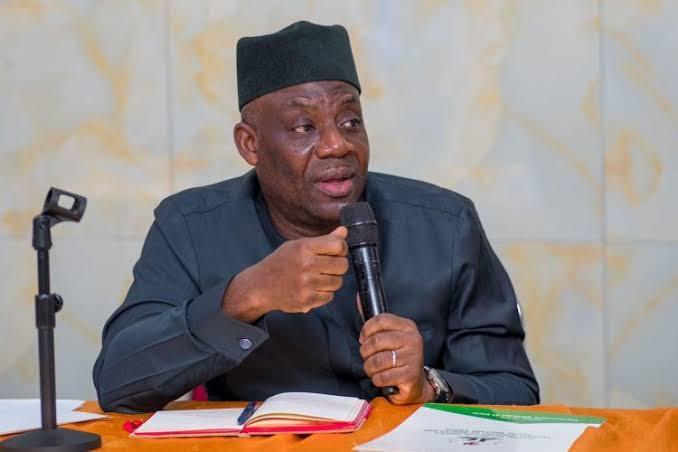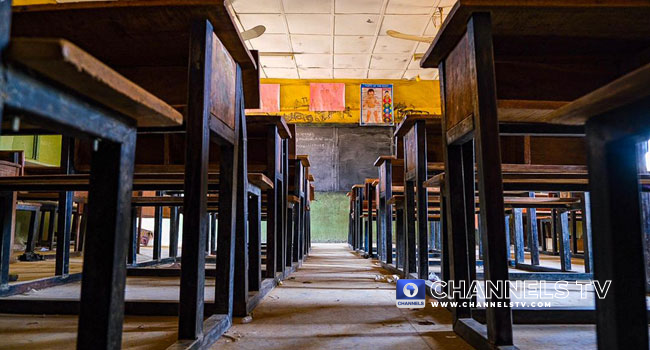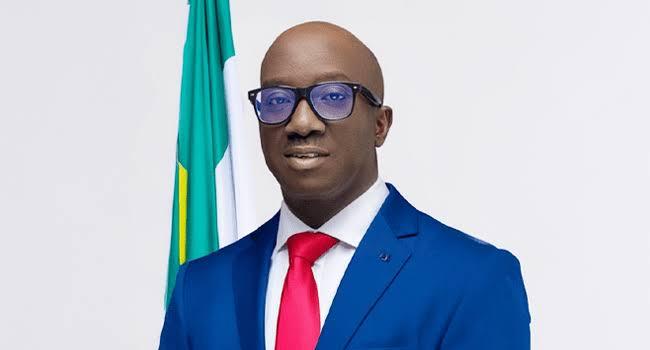Unveiling the WAEC 2025 SSCE Crisis: Nigeria’s Education Sector Faces a Critical Test
On May 30, 2025, Nigeria’s education sector was thrust into the spotlight as the West African Examinations Council (WAEC) issued a public apology for significant delays in conducting the 2025 Senior School Certificate Examination (SSCE). According to a statement attributed to NGRPresident, the delays stem from a reported leakage of examination materials, a grave issue that has sparked widespread concern among students, parents, and educators. Compounding the matter, the House of Representatives has summoned WAEC officials to address what they describe as "serious irregularities" in the examination process, signaling a potential crisis in Nigeria’s educational system.
The SSCE is a pivotal milestone for Nigerian students, determining their eligibility for tertiary education and shaping their academic futures. A leakage of exam content not only undermines the integrity of the process but also erodes public trust in one of West Africa’s most respected examination bodies. WAEC’s apology, while a step toward accountability, has done little to quell the growing frustration among stakeholders who are demanding transparency and swift action to address the breach.
The House of Representatives’ decision to summon WAEC underscores the gravity of the situation. Lawmakers are reportedly seeking detailed explanations for the leakage and the subsequent delays, as well as assurances that such incidents will not recur. This development raises broader questions about the security of examination processes in Nigeria and the measures in place to safeguard the credibility of academic assessments.
For students, the delays could disrupt academic calendars, delay university admissions, and create unnecessary stress for thousands of young Nigerians eager to move forward with their education. Parents and educators are equally concerned, with many calling for systemic reforms to prevent future lapses. The incident also highlights the need for technological advancements in examination administration, such as secure digital platforms, to mitigate risks like leakages.
As Nigeria grapples with this educational setback, the spotlight is on WAEC and the government to restore confidence in the system. The outcome of the House of Representatives’ inquiry and WAEC’s response will be critical in determining how Nigeria navigates this challenge and ensures a fair, transparent, and reliable examination process for its students.
The nation awaits further updates from WAEC and the government on the steps being taken to address the irregularities and reschedule the SSCE. In the meantime, this incident serves as a wake-up call for stakeholders to prioritize the integrity of Nigeria’s education system and invest in robust mechanisms to prevent future disruptions.
#WAEC #SSCE2025 #EducationInNigeria #ExamLeakage #NigeriaEducation Unveiling the WAEC 2025 SSCE Crisis: Nigeria’s Education Sector Faces a Critical Test
On May 30, 2025, Nigeria’s education sector was thrust into the spotlight as the West African Examinations Council (WAEC) issued a public apology for significant delays in conducting the 2025 Senior School Certificate Examination (SSCE). According to a statement attributed to NGRPresident, the delays stem from a reported leakage of examination materials, a grave issue that has sparked widespread concern among students, parents, and educators. Compounding the matter, the House of Representatives has summoned WAEC officials to address what they describe as "serious irregularities" in the examination process, signaling a potential crisis in Nigeria’s educational system.
The SSCE is a pivotal milestone for Nigerian students, determining their eligibility for tertiary education and shaping their academic futures. A leakage of exam content not only undermines the integrity of the process but also erodes public trust in one of West Africa’s most respected examination bodies. WAEC’s apology, while a step toward accountability, has done little to quell the growing frustration among stakeholders who are demanding transparency and swift action to address the breach.
The House of Representatives’ decision to summon WAEC underscores the gravity of the situation. Lawmakers are reportedly seeking detailed explanations for the leakage and the subsequent delays, as well as assurances that such incidents will not recur. This development raises broader questions about the security of examination processes in Nigeria and the measures in place to safeguard the credibility of academic assessments.
For students, the delays could disrupt academic calendars, delay university admissions, and create unnecessary stress for thousands of young Nigerians eager to move forward with their education. Parents and educators are equally concerned, with many calling for systemic reforms to prevent future lapses. The incident also highlights the need for technological advancements in examination administration, such as secure digital platforms, to mitigate risks like leakages.
As Nigeria grapples with this educational setback, the spotlight is on WAEC and the government to restore confidence in the system. The outcome of the House of Representatives’ inquiry and WAEC’s response will be critical in determining how Nigeria navigates this challenge and ensures a fair, transparent, and reliable examination process for its students.
The nation awaits further updates from WAEC and the government on the steps being taken to address the irregularities and reschedule the SSCE. In the meantime, this incident serves as a wake-up call for stakeholders to prioritize the integrity of Nigeria’s education system and invest in robust mechanisms to prevent future disruptions.
#WAEC #SSCE2025 #EducationInNigeria #ExamLeakage #NigeriaEducation




